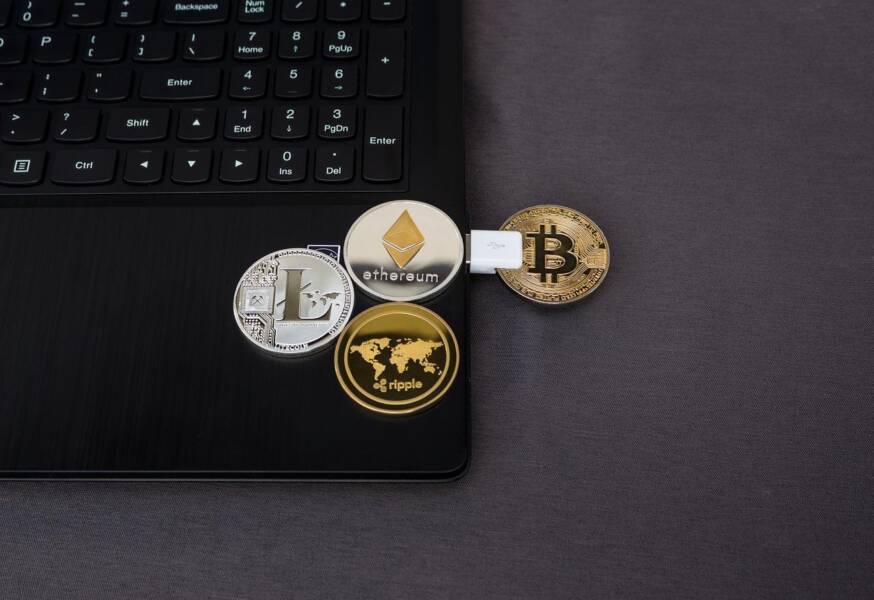The IRS has not recognized a specific IRA for cryptocurrencies, but people can still benefit from these investments. When a person talks about a cryptocurrency IRA, they refer to an IRA that can include digital assets, such as cryptocurrencies, in its holdings. Cryptocurrencies are treated as property when taxed, and a custodian must add them to the investment portfolio. The account holder is prohibited from doing so.
Why a Crypto IRA Platform is needed
Many people will ask their financial advisor to add crypto assets to their portfolio, but they will be denied. Quite a few custodians prefer not to work with these assets, so the investor will need a crypto IRA platform. Fortunately, more people are now overseeing these self-directed IRAs, so a person should look for one of these financial experts. Why go through the trouble of finding this professional?
The Benefits of Cryptocurrency IRAs
An investor might want to add cryptocurrencies to their portfolio for many reasons. They wish to diversify their portfolio to lower their risk and like the growth potential of cryptocurrencies. These investors are willing to accept the risk of choosing an alternative investment.
Investing in cryptocurrency can help a person avoid capital gains taxes in many situations. The IRA type determines how the funds are taxed and when. However, these investments also come with drawbacks.
The Drawbacks of Crypto Currencies
People might hesitate to invest in cryptocurrency because they worry about price volatility. Significant price fluctuations are common, so people nearing retirement age often invest in less risky assets. They aren’t comfortable with the large swings in value. Businesses and assets don’t back cryptocurrencies, so the public and investors may move on to a new investment class, leaving those who invested in cryptocurrencies to take significant losses.
Investors must exercise caution when choosing custodians for their IRA accounts. Broker fiduciary duties don’t bind firms providing self-directed IRA services. It falls on the investor to know the risks associated with purchasing cryptocurrencies for inclusion in an IRA and take steps to mitigate these risks.
Fees can eat up any money a person makes on cryptocurrencies. The investor may pay setup, annual maintenance, custody, and other fees. In addition, cryptocurrency trades come with fees, which typically run 3.5 percent per transaction and an additional fee for sales. Blockchain processing fees may also be assessed.
Things to Consider
An investor cannot hold digital assets included in an IRA. They must name a custodian to oversee the assets, which adds to the cost. The custodian has additional IRS reporting fees, which can also drive up the price of alternative investments.
Investors must take care when choosing this custodian, as many people offer these services but don’t deliver them. The investor is out any money they paid to the custodian to establish and manage the self-directed IRA and the money they invested. It falls on the investor to conduct due diligence. The United States Commodity Futures Trading Commission (CFTC) has warned consumers about these scams.
People looking to diversify their investment portfolios should consider cryptocurrency IRAs. These investment accounts have several benefits and few drawbacks. Many appreciate the tax advantages. However, the risks associated with these investments mean they aren’t suitable for everyone. Each investor must decide which category they fall under and add to their investment portfolio wisely.
TechnologyHQ is a platform about business insights, tech, 4IR, digital transformation, AI, Blockchain, Cybersecurity, and social media for businesses.
We manage social media groups with more than 200,000 members with almost 100% engagement.












































